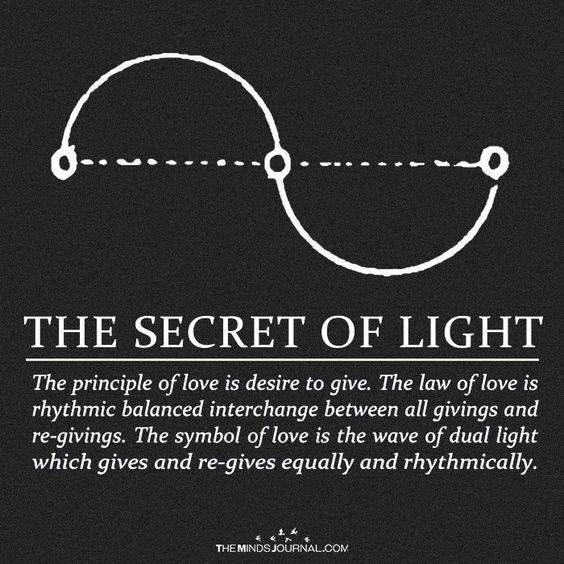This is an excellent article about the Phoenicians, their alphabet and Tyrian Purple, the color worn by royalty.
The Phoenicians: Mysterious Merchant Mariners Whose Inventions Impacted the World Forever
Excerpt:
The ancient Greeks referred to the land of the Phoenicians as ‘Phoiniki’, which is derived from the Egyptian ‘Fnkhw’, meaning ‘Syrian’. The Greek ‘Phoiniki’ is phonetically similar to their word for the color purple or crimson (‘phoînix’). This is due to the fact that one of the most valuable objects produced and exported by the Phoenicians was a dye known as Tyrian purple. Thus, the Phoenicians were known also as the ‘Purple People’.
Tyrus found the color so attractive that she requested from Hercules a robe of the of the same color as the price for her hand in marriage. Hercules obliged and gathered enough murex snails to produce the dye necessary to color Tyrus’ robe. In reality, however, Tyrian purple was discovered by the Phoenician. Although nobody is certain today as to how the dye’s discovery was made, it is entirely possible that it was accidental, similar to the Hercules story.

The discovery of Tyrian purple, which was made famous by the Phoenicians. (Lomojo / Public Domain )
Tyrian purple was not the only trade object that the Phoenicians were famous for. Glass was another valuable product that the Phoenicians exported to the rest of the Mediterranean. Glass was already being produced by other civilizations including the Mesopotamians and Egyptians. The glass produced by these civilizations was colored and it is speculated that the Phoenicians were the first ones to produce transparent glass.
I cannot thank the site Ancient Origins enough for their insightful and thought-provoking articles about a wide variety of topics.





Music is a hidden arithmetic exercise of the soul, which does not know that it is counting"
~ Gottfried Leibniz

Source: Jain108Academy Facebook page



No comments:
Post a Comment
Note: Only a member of this blog may post a comment.